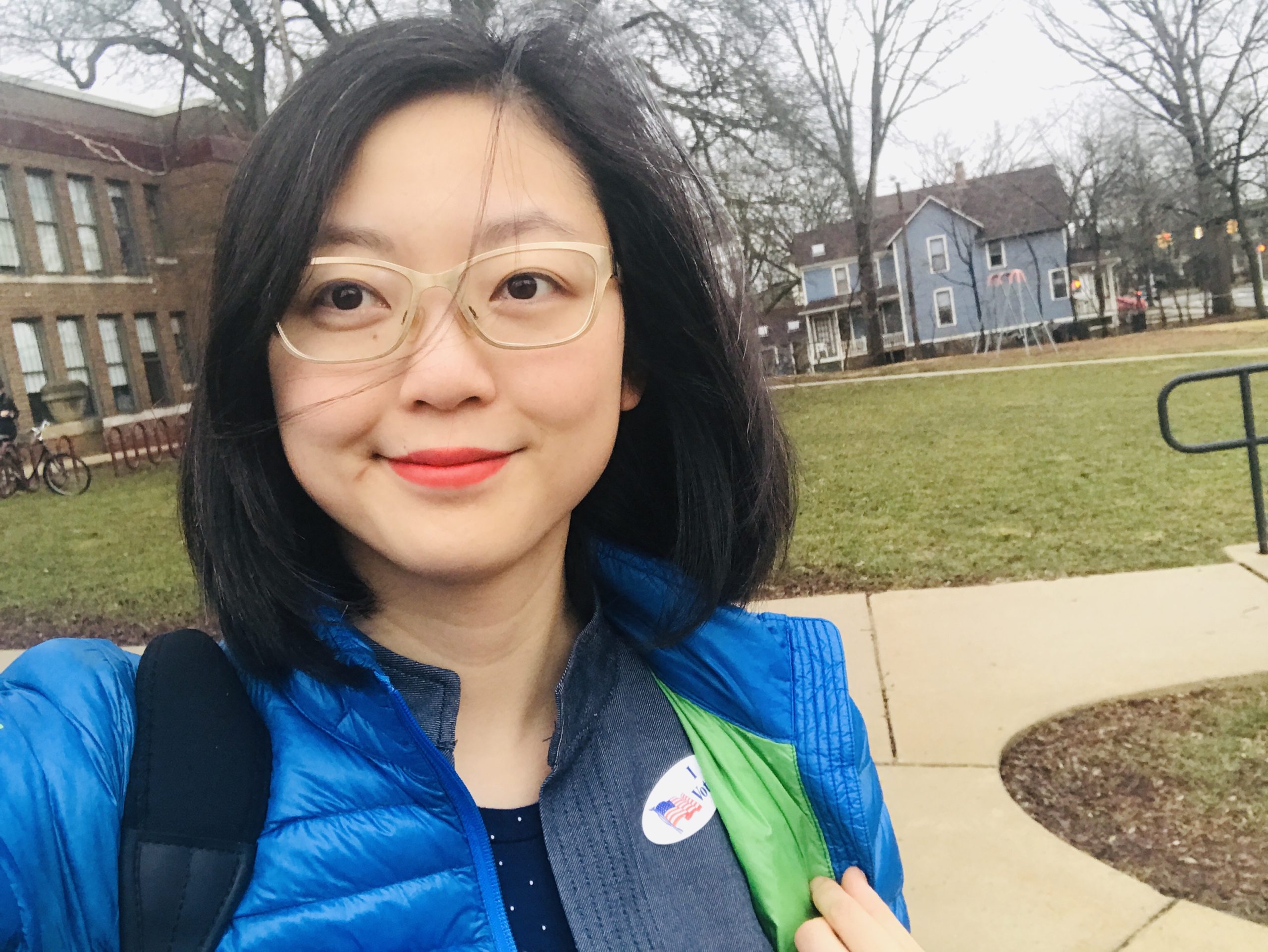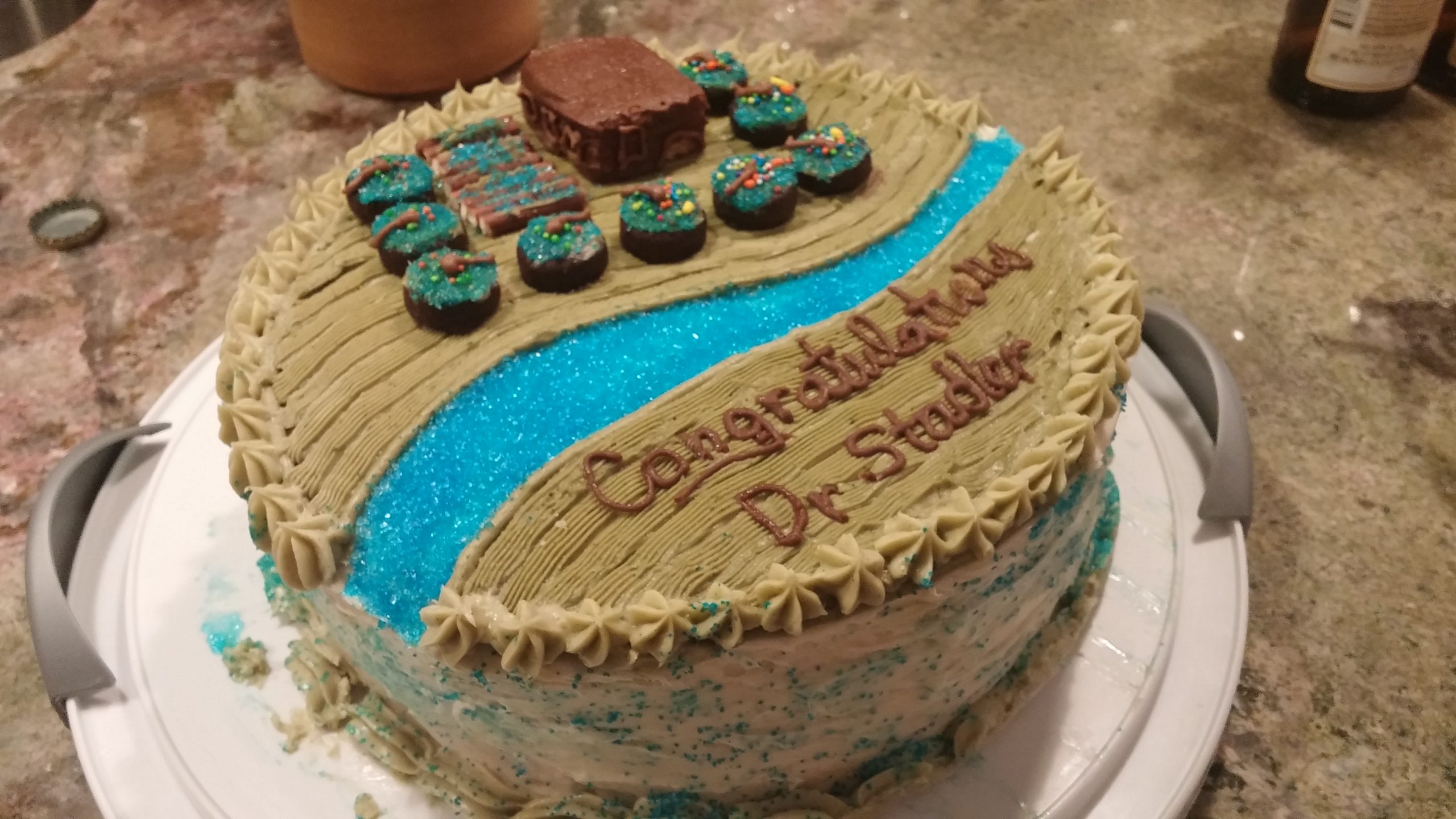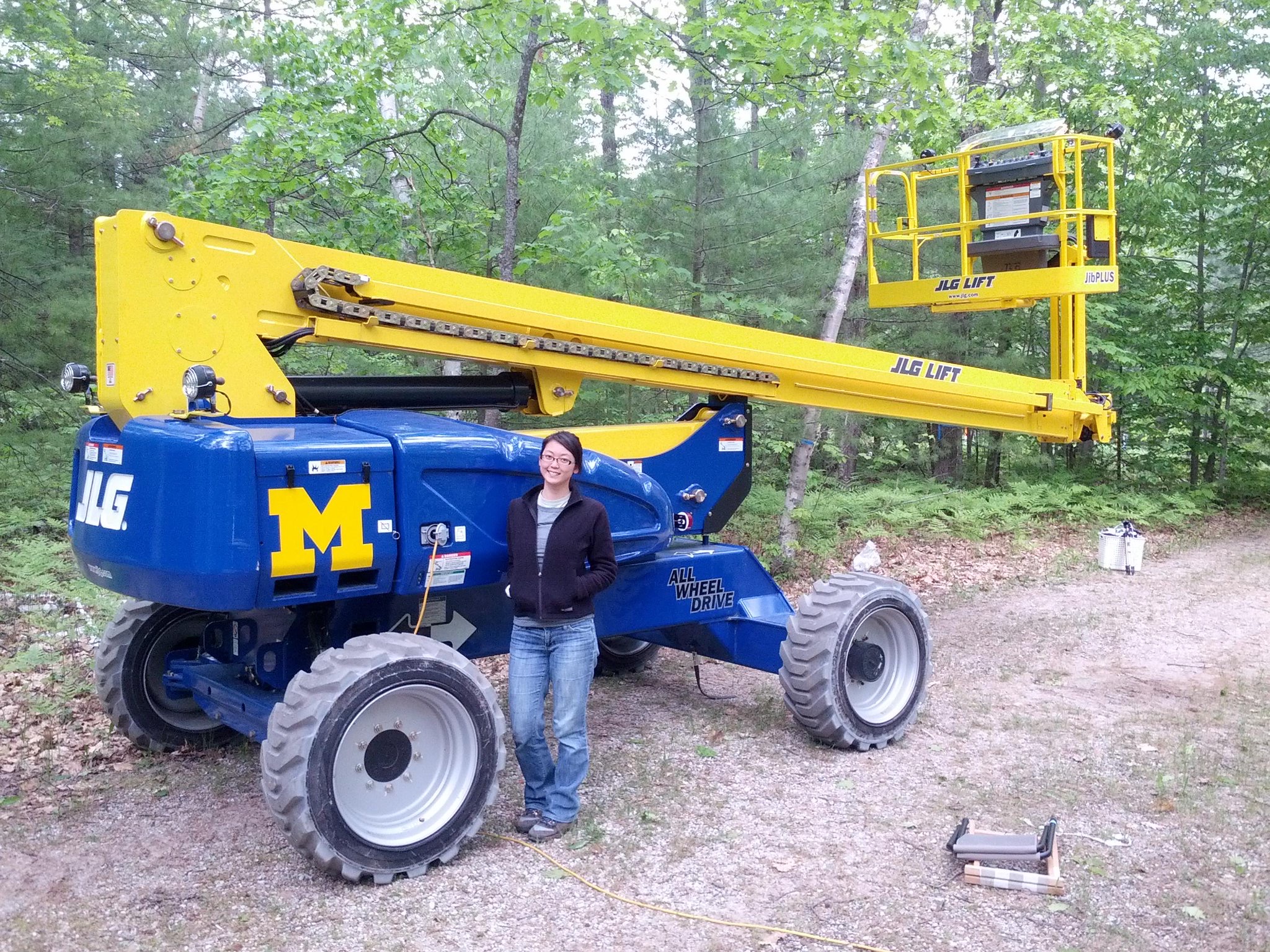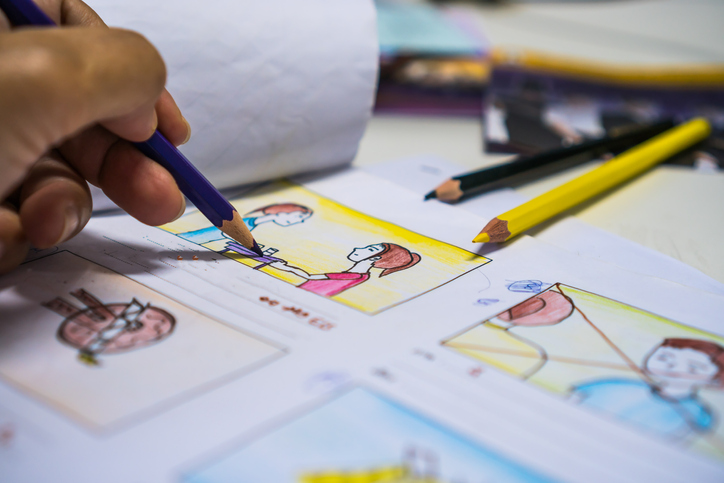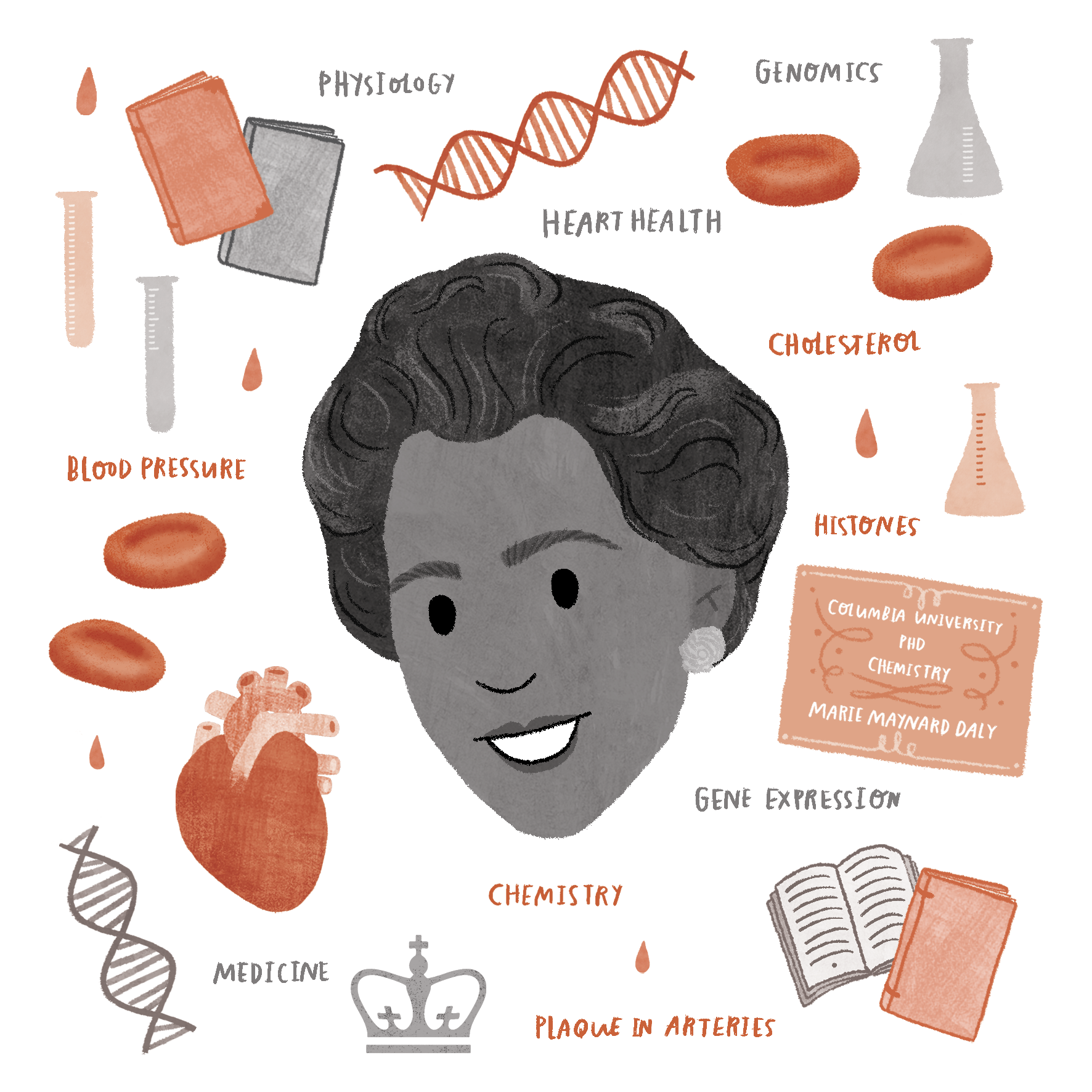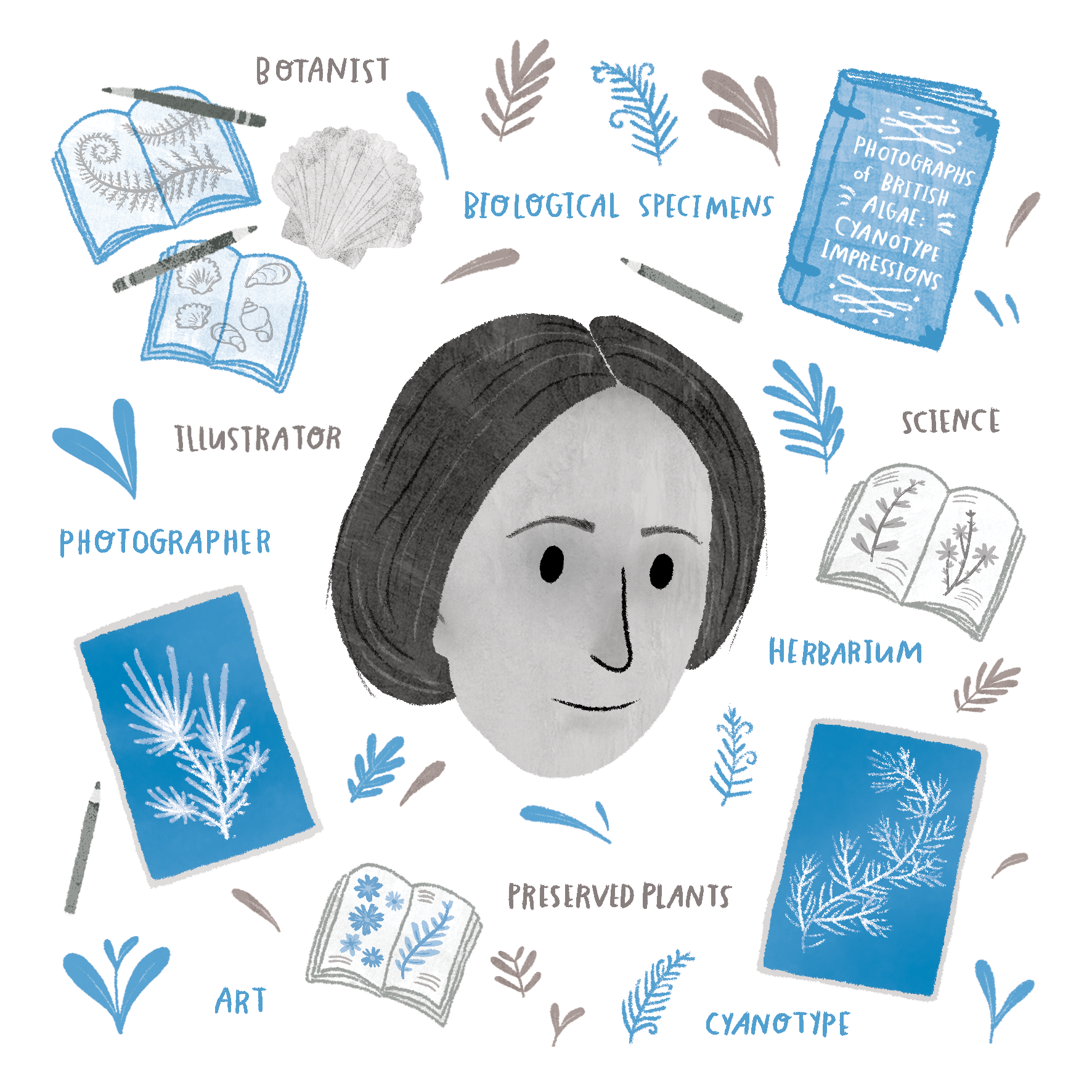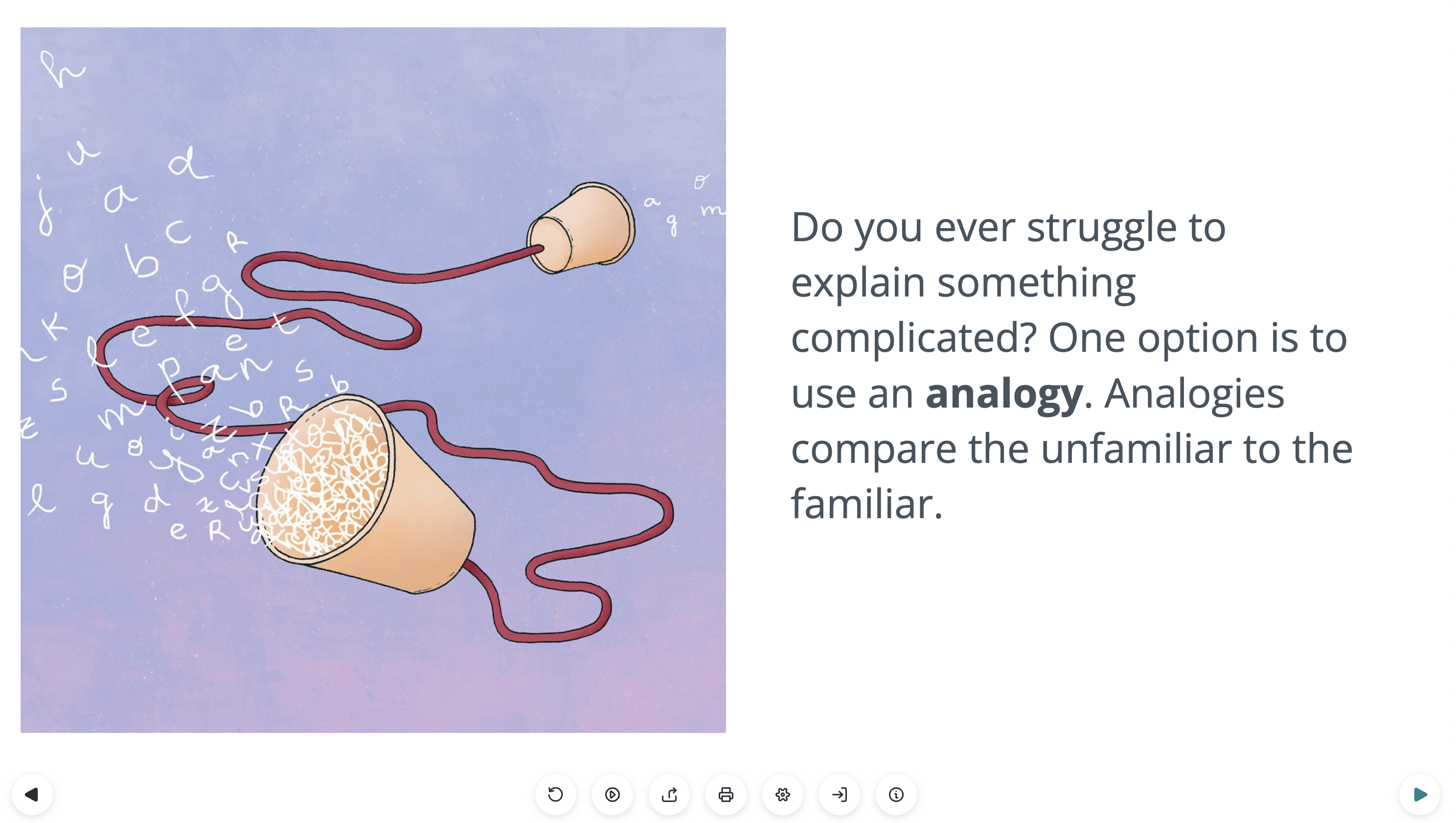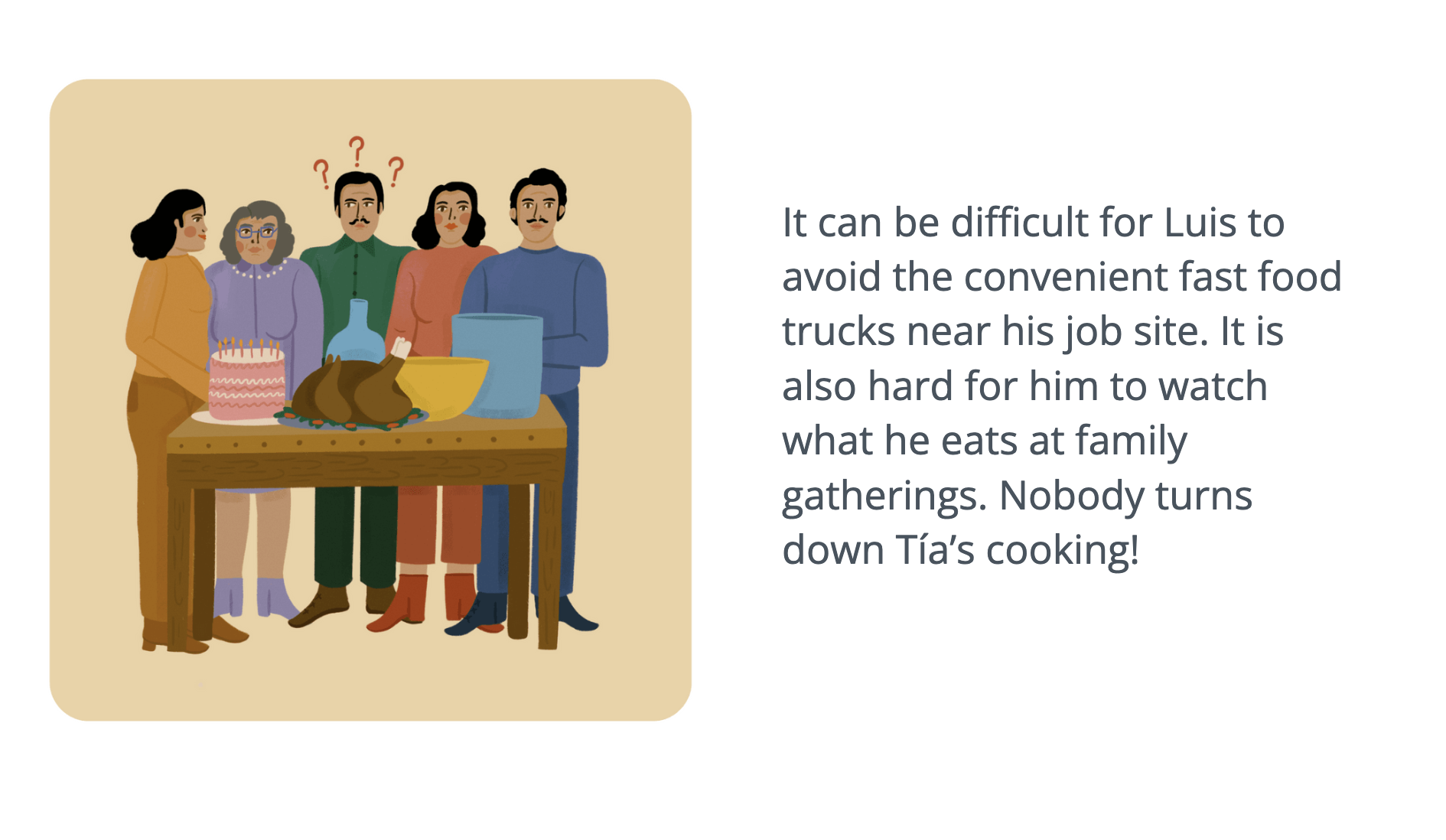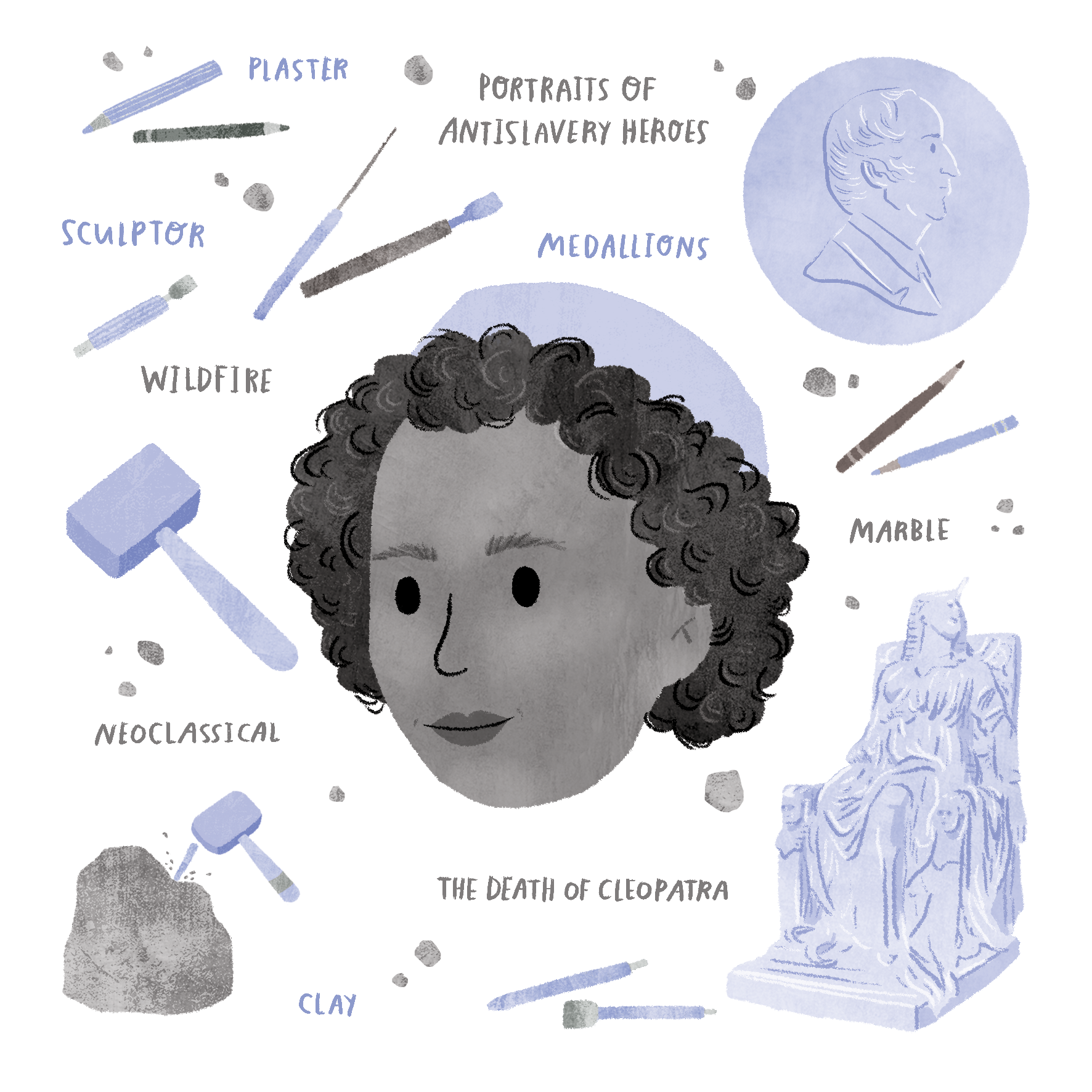Meet Women in STEAM who Inspire! October Edition

Women in STEAM (science, tech, engineering, arts, math and medicine) are rocking it in the world today, doing excellent but often under-promoted work. We want more people to know about these women and their work, including girls who might dream of careers in STEAM fields! That is the goal of our “living” Women in STEAM Lifeology card deck!
Each month, we feature new women in this living digital card deck, based on women nominated here. But all women nominated are also featured in this monthly Women in STEAM blog post.
We’ve also partnered with 500 Women Scientists to feature women from their Request a Woman in STEMM platform in a unique Lifeology card series, which we’ve now updated for October here!
We’ve featured two new phenomenal women in our illustrated card decks for October!
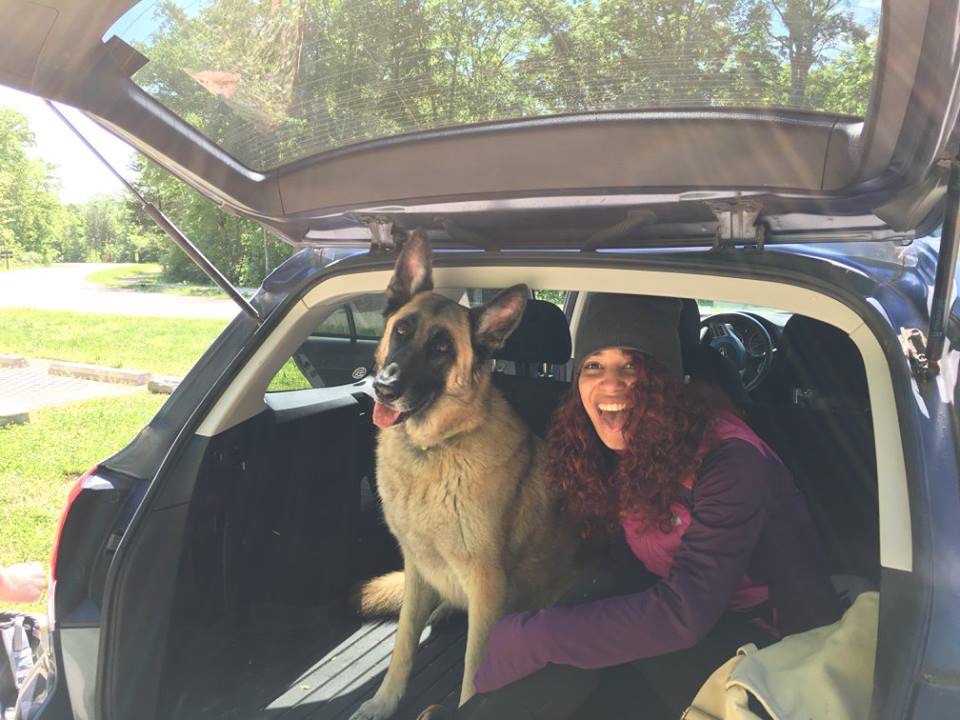
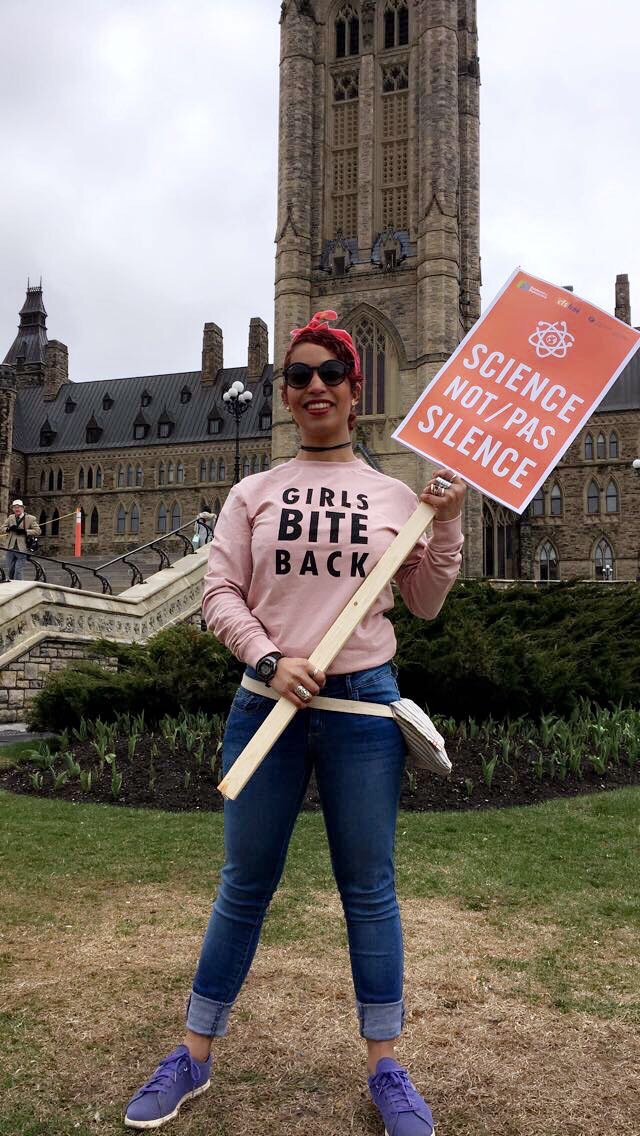
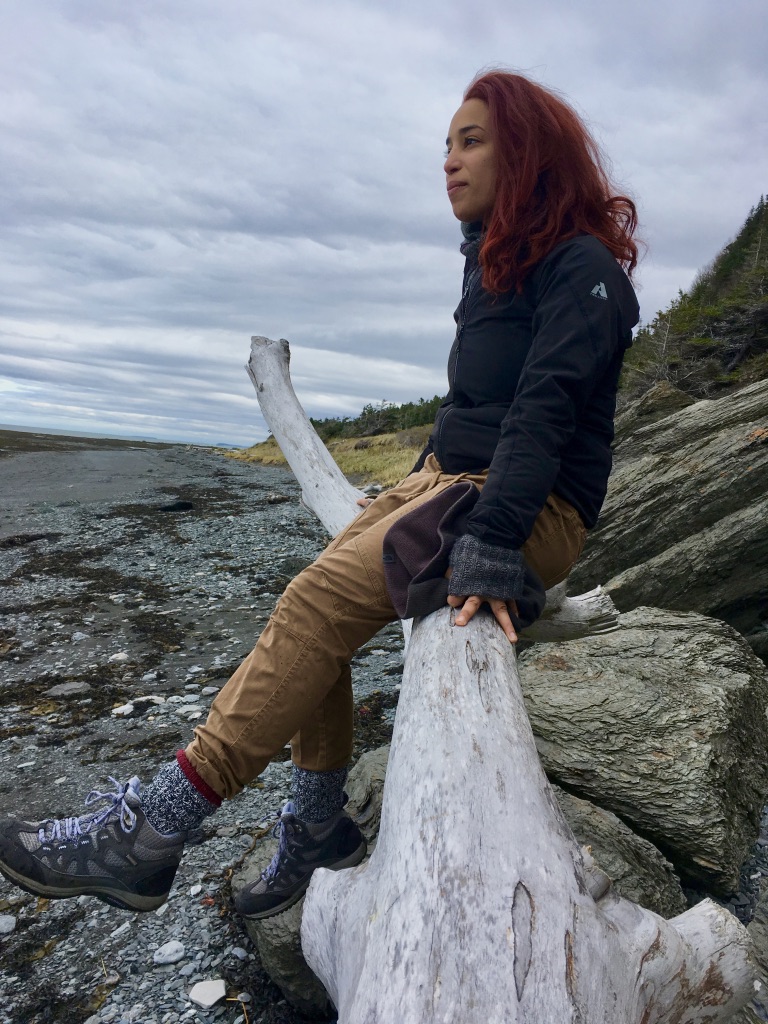
Isabel Rojas-Ferrer is featured in our Women in STEAM deck.
Isabel started her career as an animal behaviorist at the University of Puerto Rico- Mayaguez, trying to understand if Venezuelan troupials have a rhythmic meter.
“Rhythmic meter refers to a pattern of stressed syllables, and in music theory, different patterns refer to different time signatures like 3/4 (waltz) 4/4 (common in western music), 5/4 (seen in jazz music like ‘Take 5’ by Dave Brubeck).” – Isabel Rojas-Ferrer
Isabel then went to study for a masters in behavior and evolution at the University of Missouri-Saint Louis, where she used known decision algorithms (i.e., learning rules) to understand how current information and past information interact in order for bumblebees to make decisions. She found that bumblebees seemed to be using a consolidation of all their memories; they give equal weight or importance to current and past information. Bumblebees use a lot of information to make ‘simple’ decisions. So amazing!
Isabel is currently working on two projects using zebra finches. The first project looks at how information gathering through development affects learning ability and animal personality later in life. The second project using a game-theoretical model to understand why some animals look for food and others follow (i.e., Producer-Scrounger model).
Isabel has also written an article for the Journal of Animal Ecology on how diversity affects imposter syndrome and has participated in the Soapbox science in Ottawa to promote science communication, diversity, and women in STEAM (She calls herself a STEMinist). She has also participated in a roundtable discussion about the past and future work of women in the scientific community in Canada with the Canadian Minister of Science, the honorable Kirsty Duncan.
She has also participated in competitive archery for many years and has a german shepherd that she takes everywhere. She is a born and raised Boricua and a proud recipient of the Charles H. Turner award from the Animal Behavior Society.

Susan Cheng is featured in our 500 Women Scientists Who Inspire deck. She is a researcher in the fields of ecology and science education. She studies the important role that trees have on the Earth’s climate. She does this by using remote sensing datasets, climate models, and by measuring leaf activity from the ground to the top of the forest canopy.
“My ecology work studies what drives forest growth and its impact on the Earth’s climate cycle–from how clouds affect light availability for plants and how nitrogen pollution impacts forest productivity. To do my ecology research, I combine different methods together, from measuring plant photosynthesis in the canopy (which required driving a cherry picker), using remote sensing data, and running earth system climate models.” – Susan Cheng
Susan is also passionate about science education research. She studies how teachers can effectively support students in learning key specific concepts, and design courses and teaching practices to help make classroom learning more equitable.
“Susan taught me how to identify and leverage networks/actions needed to make an important program into something with meaningful and lasting change/impact–that you have great ideas, and you can make them into reality!” – Lauren Edwards
Susan also bakes super awesome science-themed cakes showing other scientists’ research, such as a glow in the dark cake representing the bioluminescence of a coral reef ecosystem!
